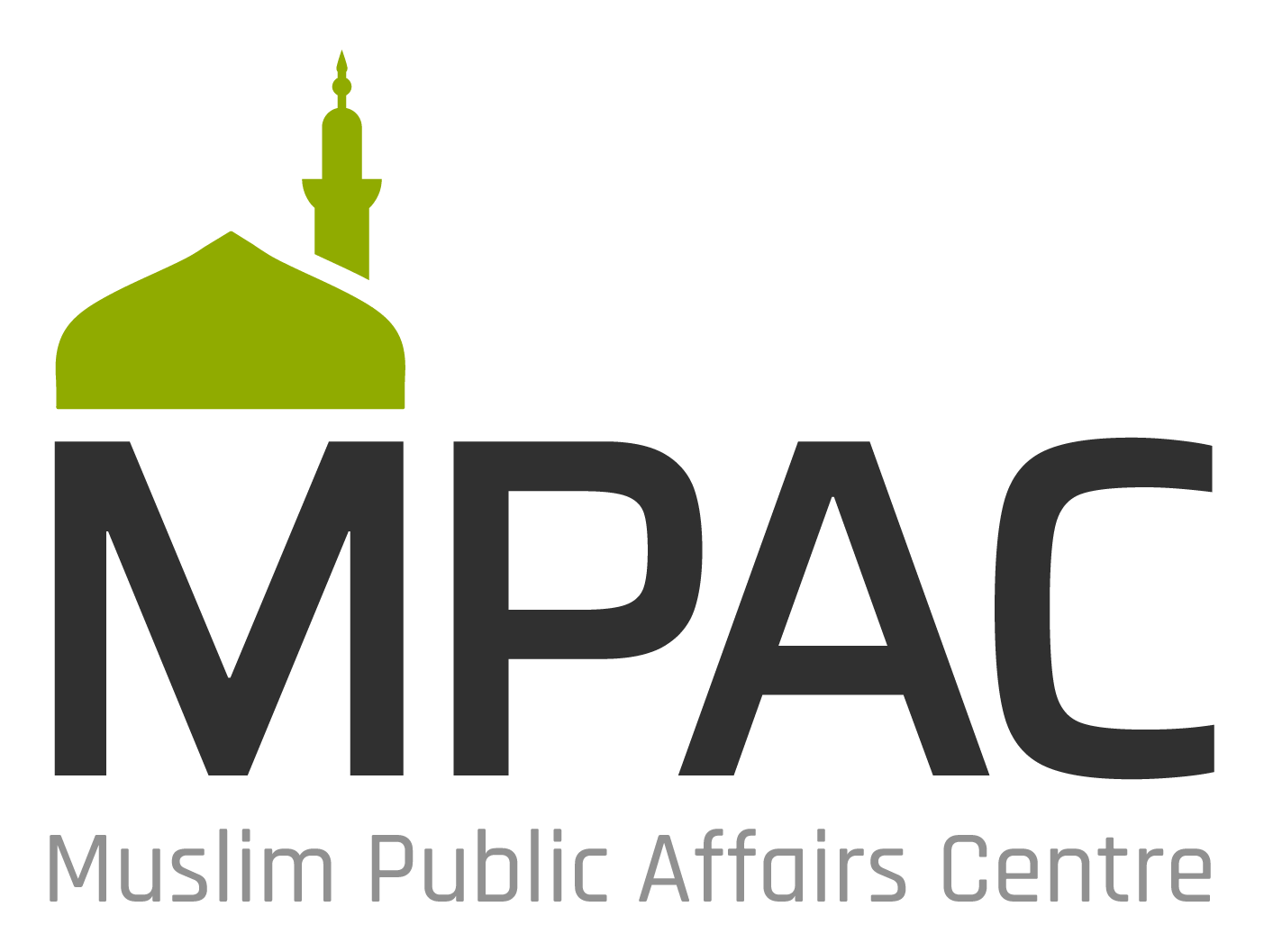A national halal economy policy typically entails a comprehensive framework that promotes and regulates the production, processing, and distribution of halal products and services. This policy aims to capitalize on the growing global halal market, valued at $7 trillion, and contribute to the country’s economic growth.
Key Components:
– Regulation: Establishing standards and certification processes for halal products and services
– Financial Incentives: Providing tax exemptions, subsidies, and investment opportunities to support halal industry growth
– Infrastructure Development: Investing in facilities for halal slaughter, food processing, and logistics
– Education and Awareness: Promoting halal product awareness and education among consumers and businesses
– International Cooperation: Collaborating with international partners to expand halal exports and imports
Goals:
– Increase GDP contribution from the halal economy
– Create jobs and stimulate investment in the halal industry
– Enhance Nigeria’s position as a leader in the global halal market
– Promote inclusivity and accommodate Muslim consumers’ dietary preferences
MPAC Nigeria






